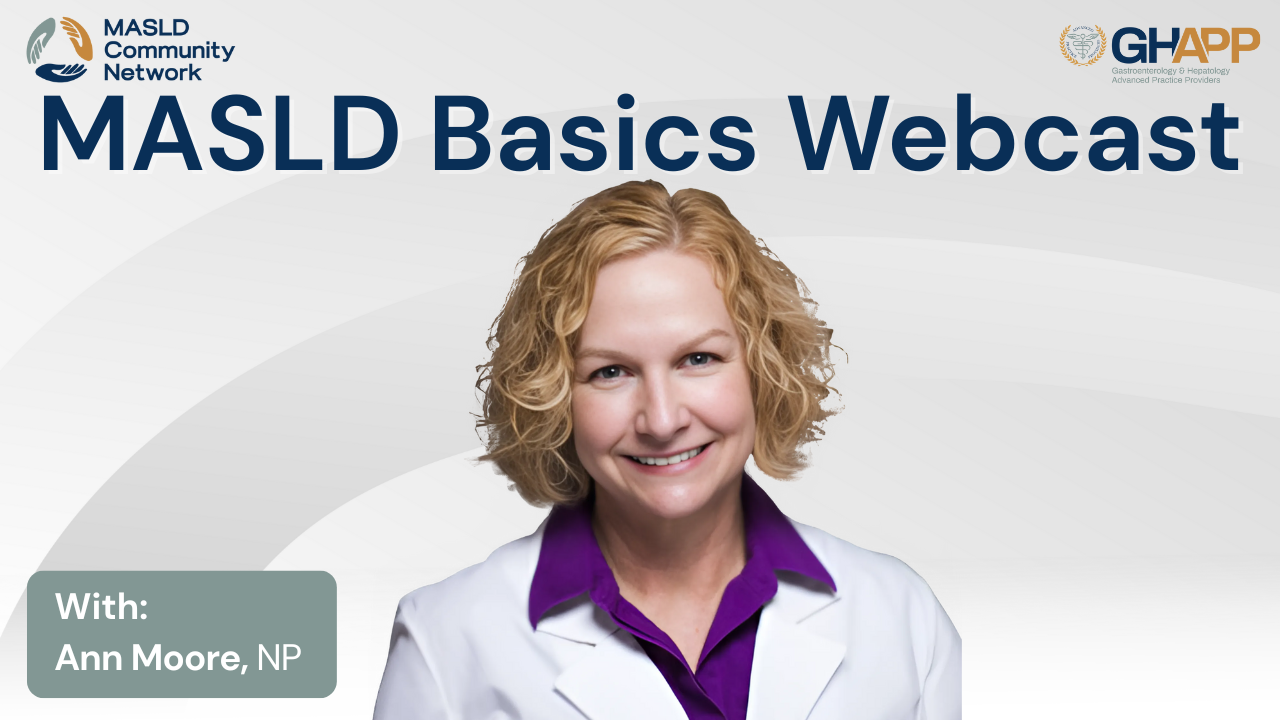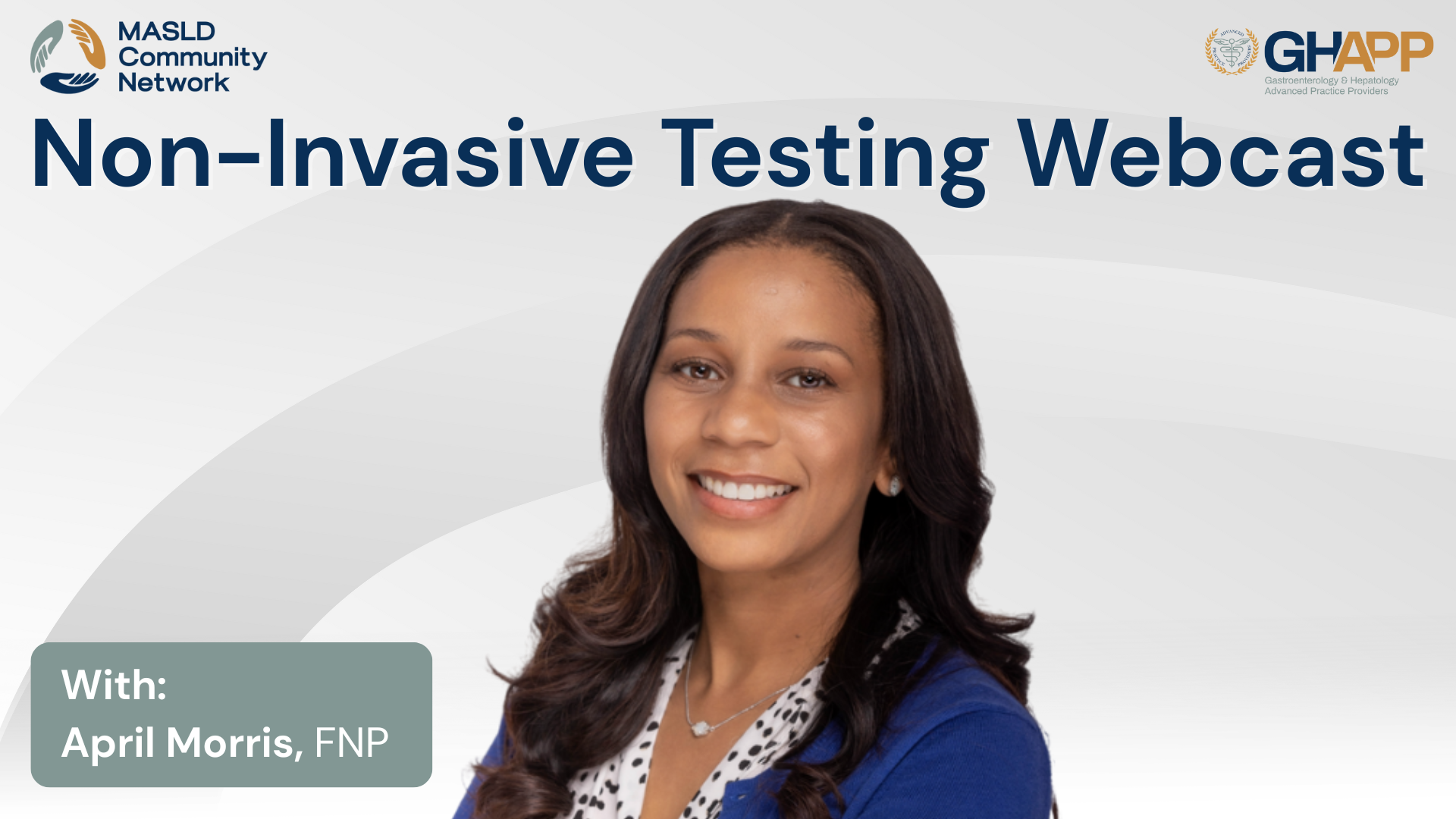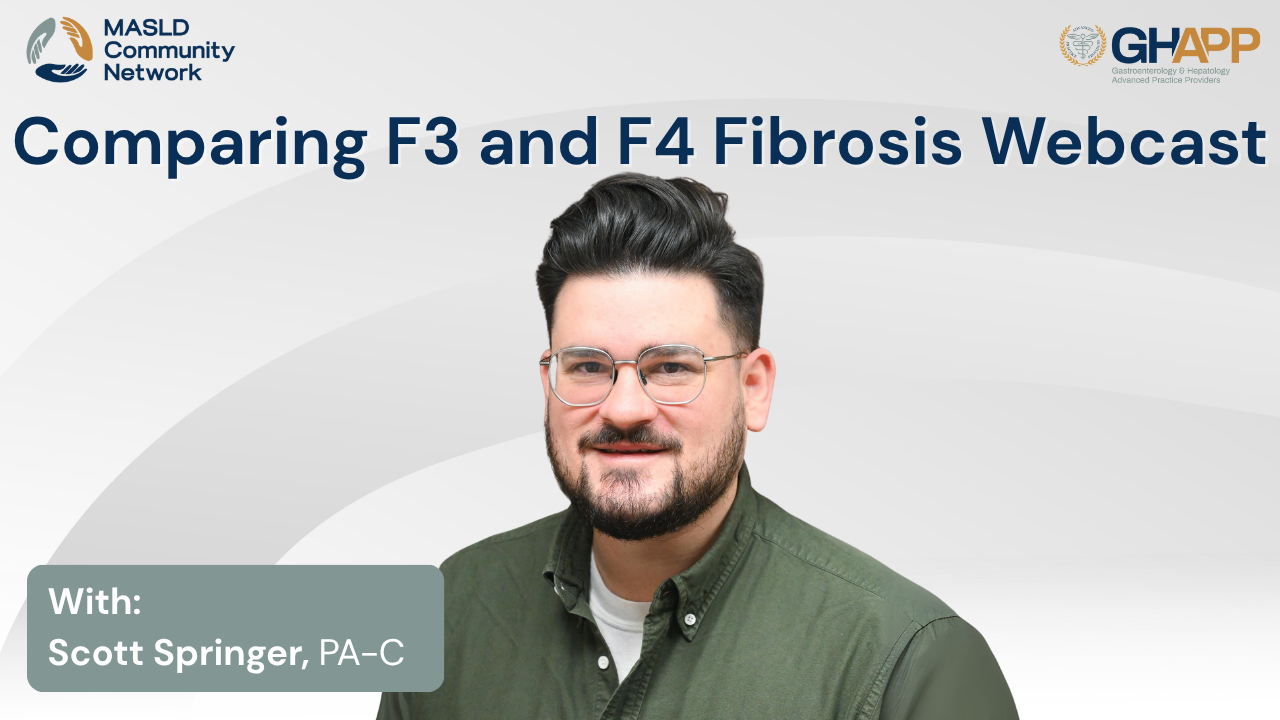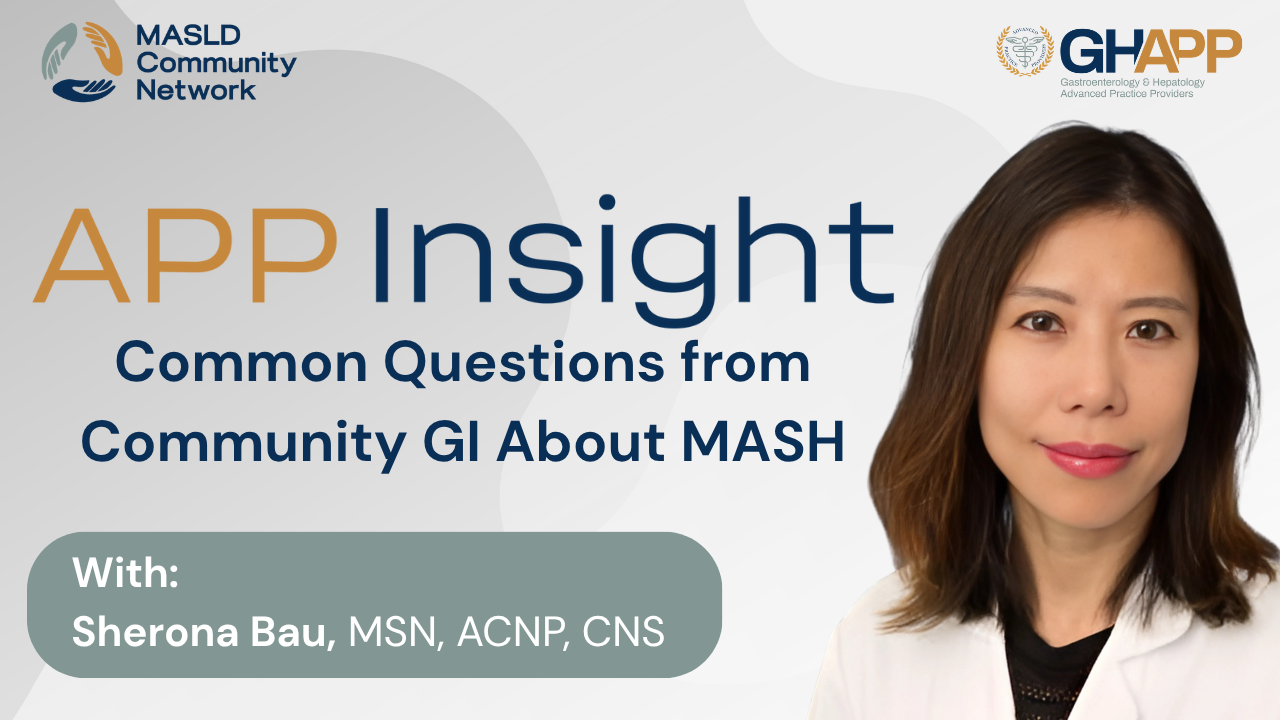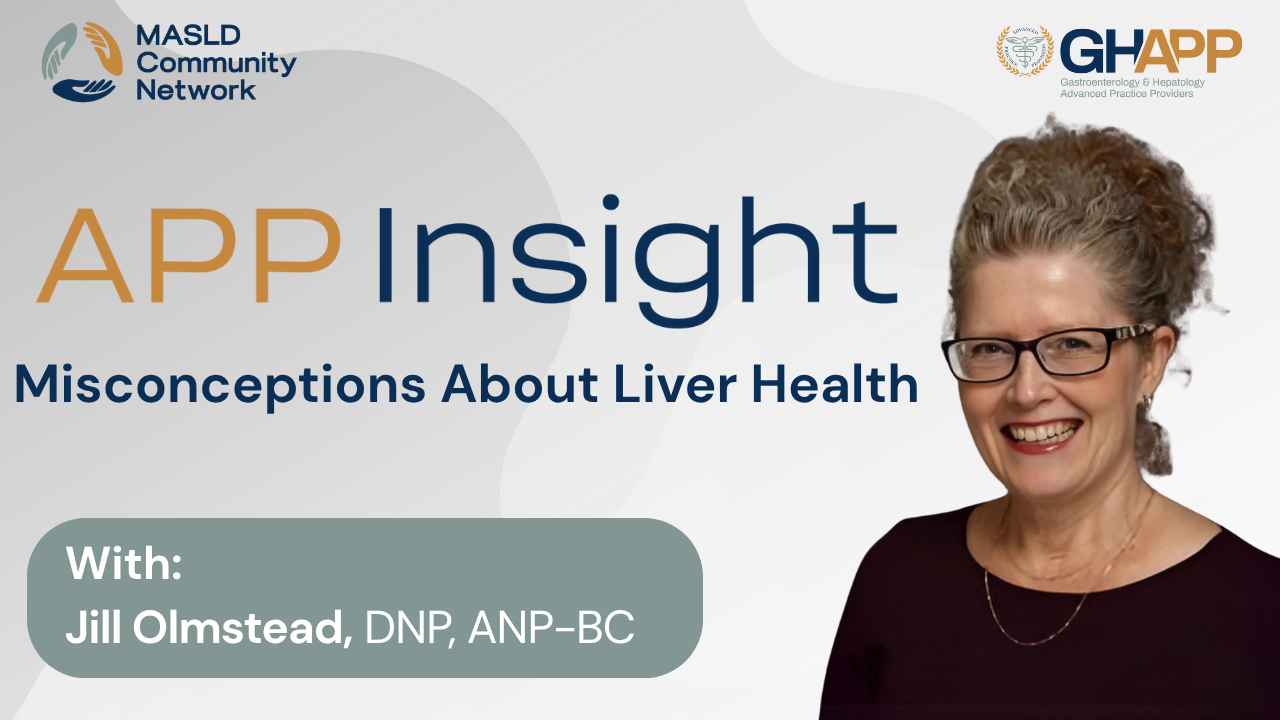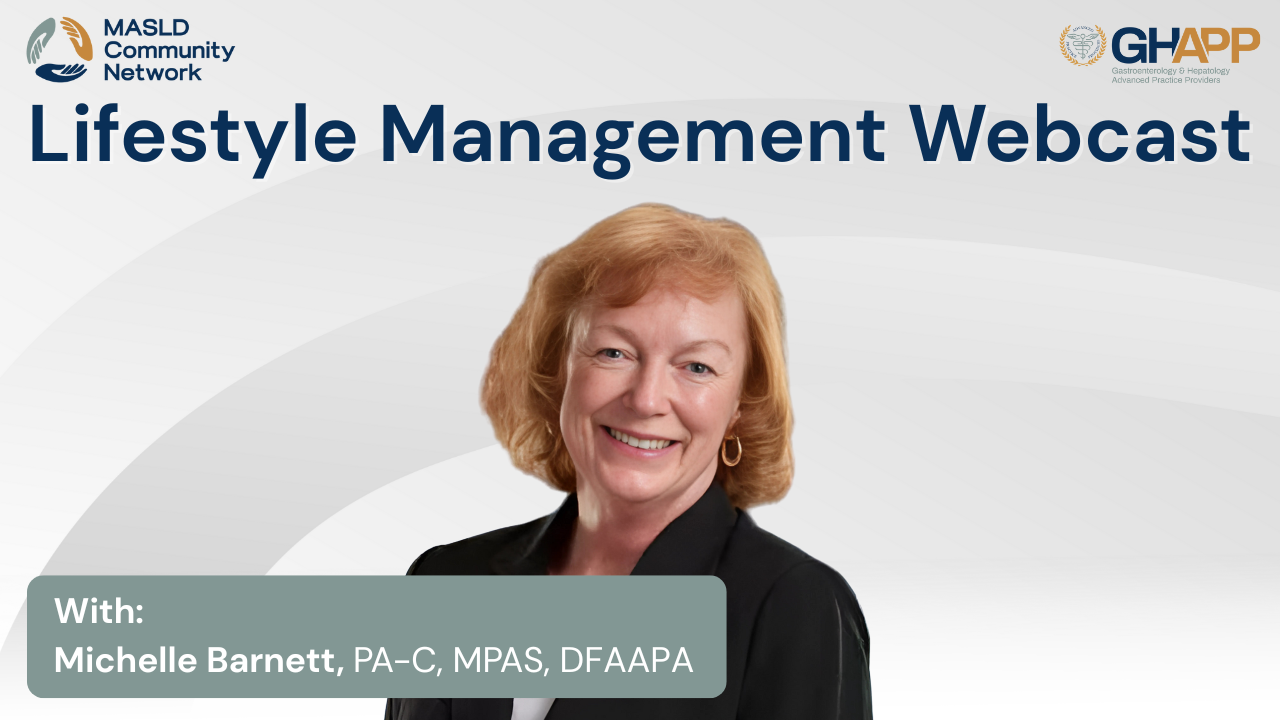Chat with MASLD AI

Hi, I am MASLD AI.
Suggested Questions :

MASLD AI 03:56 AM
Join Jill Olmstead, NP, a seasoned gastroenterology nurse practitioner from Providence St. Joseph Health, for an in-depth overview of MASLD (Metabolic Dysfunction-Associated Steatotic Liver Disease) and MASH (Metabolic Steatohepatitis) in this GHAPP MASLD Community Network presentation, proudly sponsored by Madrigal Pharmaceuticals. With over 20 years of clinical experience, Jill explains the evolving nomenclature from NAFLD/NASH to MASLD/MASH and how this impacts diagnostic criteria, patient communication, and multidisciplinary management. Learn how to identify steatotic liver disease, assess cardiometabolic risk factors, and use tools like FIB-4 and FibroScan to evaluate fibrosis and stratify risk. Jill walks through real-world case scenarios, highlighting when to order a liver biopsy, when to refer to hepatology, and how to apply AASLD guidelines in clinical practice. From evaluating elevated liver enzymes to addressing the global burden of MASLD and its progression to cirrhosis and HCC, this session is essential for providers navigating the complexities of modern liver disease management in both primary care and specialty settings.







 August 2025
August 2025 
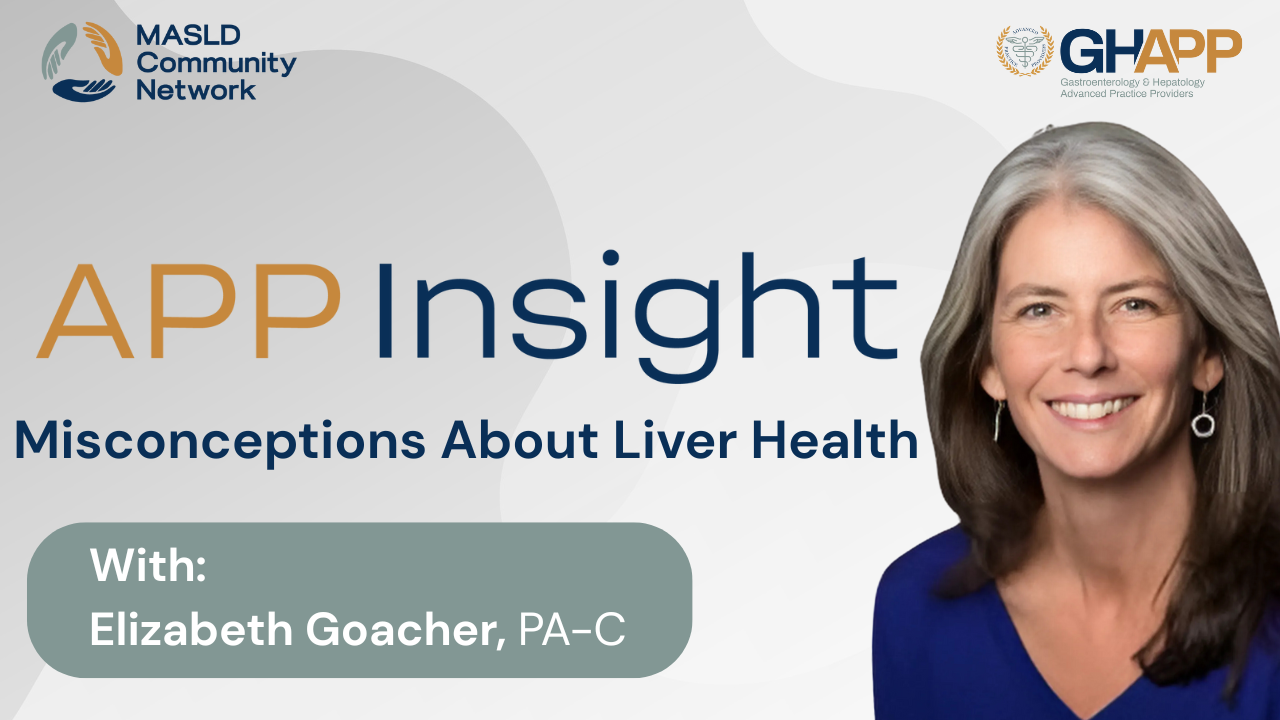
 September 2025
September 2025 